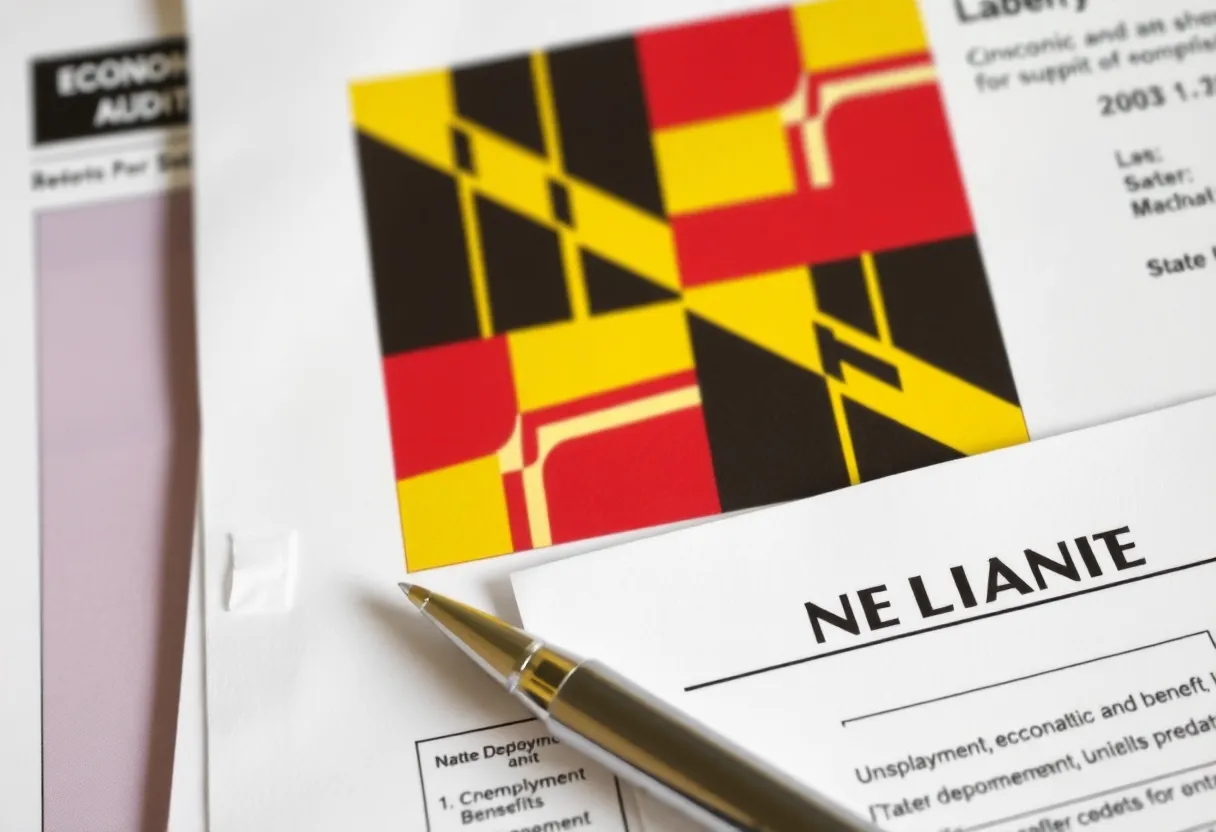News Summary
The North America golf cart market is projected to grow significantly, reaching USD 1.13 billion by 2033. The rise is driven by the increasing adoption of electric models and demand across various sectors such as residential communities and commercial services. Technological advancements and eco-friendly trends are reshaping the market, while challenges like high initial costs and inconsistent regulations could impact growth. With major companies leading innovations, the market is evolving towards integrating advanced technologies and becoming a key element in everyday transportation solutions.
City, State – The North America golf cart market is on track to experience significant growth, projected to reach USD 1.13 billion by the year 2033. The current market valuation stands at USD 0.68 billion in 2024, with expectations of reaching USD 0.72 billion by 2025.
The market is anticipated to grow at a compound annual growth rate (CAGR) of 5.82% from 2025 to 2033, indicating a robust increase in demand across various segments. This expansion is fueled by an increase in the use of golf carts not only within traditional golf settings but also in residential communities, resorts, industrial sites, and recreational facilities.
Electric Models Driving Growth
A prominent trend contributing to this market growth is the rising adoption of electric golf carts. In 2023, over 60% of newly sold golf carts in North America were electric models. In Canada, this figure exceeded 80%, influenced by regulatory support encouraging eco-friendly transportation options.
Technological advancements are reshaping the golf cart landscape. Enhanced features such as electric propulsion systems, GPS integration, and improved battery efficiency are being incorporated into modern designs. Electric golf carts now account for nearly 70% of total unit sales in the U.S. as buyers increasingly opt for sustainable and efficient alternatives to traditional gasoline-powered models.
Market Applications and Demand
The surge in golf cart utilization can be attributed to diverse applications beyond conventional golfing. There is a notable increase in demand for these vehicles in gated communities, large commercial complexes, and municipal uses, where they serve as practical, eco-friendly transport solutions. The golf course application segment continues to dominate, supported by over 14,000 golf facilities currently operating in the U.S.
Moreover, the commercial services application segment is expected to grow at a CAGR of 11.8%, driven by newfound utility in urban mobility and logistics. The recent trend of investing in smart technologies, such as GPS tracking and mobile app integrations, further enhances the appeal of modern electric golf carts.
Challenges and Market Limitations
Despite the positive trends, there are several challenges that could restrain market growth. The initial purchase cost of electric models can be a barrier for smaller facilities and budget-conscious consumers, with nearly 40% of small club owners highlighting affordability as a key concern in upgrading their fleets.
Inconsistent regulations regarding the legal use of golf carts on public roads also pose limitations, as only 28 states had established laws permitting low-speed vehicles as of early 2023. Furthermore, fluctuations in supply chains and rising costs for lithium-ion batteries are potential hindrances to sustained market growth.
Environmental Implications and Future Prospects
The shift from gasoline to electric models is bolstered by growing environmental concerns. Technological improvements in battery technology, including lithium-ion batteries that provide 40% greater energy density than traditional lead-acid versions, further enhance the viability of electric carts.
The seasonal nature of golf cart demand is another aspect to consider, with sales peaking during warmer months and potentially being affected by unpredictable weather patterns. Regions like Florida, which added over 20 new golf courses between 2020 and 2023, highlight the need for a significant number of carts, typically ranging from 50 to 100 per course.
Looking Ahead
As consumer awareness of electric and eco-friendly transportation options rises, manufacturers will increasingly focus on enhancing the efficiency and affordability of their products. Significant companies in the North American golf cart market, such as Yamaha Golf-Car Company, Textron Inc., Club Car, and E-Z-GO, are expected to continue driving innovations as the market evolves toward integrating advanced technologies.
In summary, the North America golf cart market is poised for substantial growth, sustained by the ongoing popularity of golf post-pandemic, alongside the broader acceptance of electric models for various applications. As manufacturers adapt to changing demographics and preferences, the evolution of golf carts into everyday transportation solutions remains a promising avenue for future development.
Deeper Dive: News & Info About This Topic
HERE Resources
Additional Resources
- Market Data Forecast: North America Golf Cart Market
- Wikipedia: Golf Cart
- OpenPR: Golf Cart Market to Reach $4.2 Billion by 2032
- Google Search: Golf Cart Market Growth
- Grand View Research: Golf Cart Market Report
- Encyclopedia Britannica: Golf
- Future Market Insights: Electric Golf Cart Market
- Google Scholar: Electric Golf Cart
- Grand View Research: Electric Golf Cart Market Report
- Google News: Technology in Golf Carts
- Market Research Future: America Golf Cart Market
Author: STAFF HERE BALTIMORE WRITER
The BALTIMORE STAFF WRITER represents the experienced team at HEREBaltimore.com, your go-to source for actionable local news and information in Baltimore, Baltimore County, and beyond. Specializing in "news you can use," we cover essential topics like product reviews for personal and business needs, local business directories, politics, real estate trends, neighborhood insights, and state news affecting the area—with deep expertise drawn from years of dedicated reporting and strong community input, including local press releases and business updates. We deliver top reporting on high-value events such as the Baltimore Book Festival, Preakness Stakes, and Artscape. Our coverage extends to key organizations like the Baltimore Chamber of Commerce and Visit Baltimore, plus leading businesses in shipping and healthcare that power the local economy such as the Port of Baltimore and Johns Hopkins Medicine. As part of the broader HERE network, we provide comprehensive, credible insights into Maryland's dynamic landscape.





